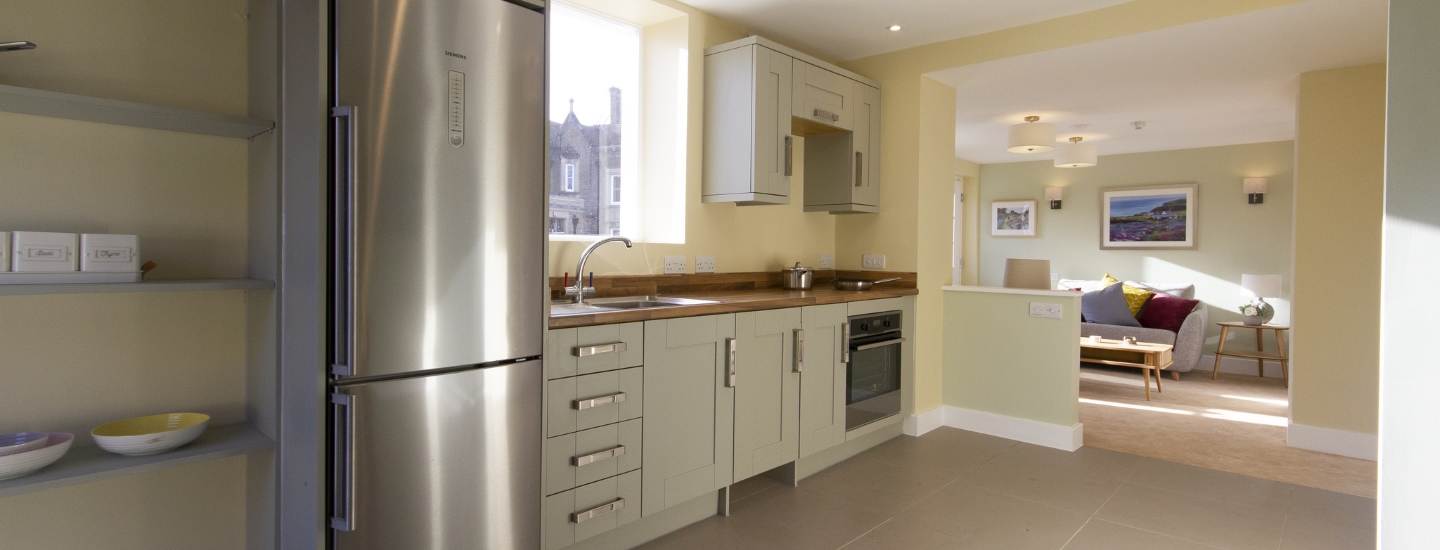Our expertise: health and wellbeing
Rising global population, ageing societies, and high density developments that impact social cohesion mean that urban health is a growing field of research. It combines the disciplines of medicine, social care, urban planning, architecture, geography, materials science and more, to explore how the built environment affects our health. Read more about our unhealthy homes research.
One of the key drivers for this is the United Nations Sustainable Development Goals (SDGs), with Goal 3 focused on ‘good health and wellbeing’ with an aim to ‘ensure healthy lives and promote wellbeing for all, at all ages’. Research has demonstrated the evidence and benefits of designing healthy buildings.
Our approach to wellbeingWe believe buildings should protect the people who live and work in them. At BRE, we test and certify the safety of building materials, technologies and designs that will improve society, communities and new developments. Indoor Environmental QualityWe spend around 80-90% of our lives indoors and indoor air quality is a key consideration for developers, asset owners and managers. Leading manufacturers choose our testing facilities to certify their ventilation products and develop new services for future health challenges. We also deliver training in Indoor Environmental Quality with BRE Academy. Creating healthy buildings with BREEAMBREEAM's measures ensure that critical issues, such as ventilation, thermal and visual comfort, safety and air quality, are addressed at construction and operational stages. Through these measures, we can improve outcomes for the owners, managers, people and communities that use buildings. Partnerships to assess and improve wellbeingBRE collaborates with the International WELL Building Institute (IWBI) and the Center for Active Design (CfAD) to improve assessment processes of and boost efficiency for clients and project teams. The WELL Building Standard is administered through IWBI and Fitwel is overseen by CfAD. |
Dementia friendly home at the BRE Science Park
In the UK there are currently 850,000 people with dementia, and this is predicted to increase to 1 million people by 2025. Most of them are aged over 65 and two thirds of people with dementia live at home. The BRE dementia friendly home project provides a vision and clarity to those who require or specify dementia friendly buildings. It showcases current good and best practice concepts, adaptations, innovations and thinking around adapting housing for those living with dementia.
Explore the dementia friendly home
